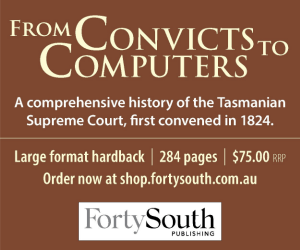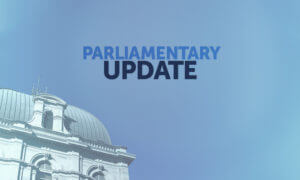Former High Court Chief Justice the Honourable Robert French AC has contributed to the debate on the Voice with a thoughtful address.
Speaking at last month’s Exchanging Ideas conference, he reviewed the legislative history of Indigenous peoples in a national context, as well as in a number of states, and delved into the legal significance of terms such as ‘recognition’ and ‘sovereignty’.
Speaking about the Voice proposal, he said:
“The Voice is a big idea but not a complicated one. It is low risk for a high return.
“The high return is found in the act of recognition, historical fairness and practical benefit to law-makers, governments, the Australian people and Australia’s First Peoples. It rests upon the historical status of Aboriginal and Torres Strait Islanders as Australia’s indigenous people. It does not rest upon race.
“It accords with the United Nations Declaration on the Rights of Indigenous Peoples for which Australia voted in 2009. It is consistent with the International Convention on the Elimination of all Forms of Racial Discrimination. Suggestions that it would contravene that Convention are wrong.”
The fourth Exchanging Ideas conference, Muru Ngubadi (path of respect), was organised by the Judicial Commission of New South Wales Ngara Yura Committee, in partnership with the NSW Bar Association, Law Society of NSW and Museum of Applied Arts and Sciences.
The event discussed the practicalities of Voice, Treaty, Truth and the involvement of the legal profession in this process. The focus of discussion was on constitutional reform, and the importance of treaty and truth telling as a means to move on from Australia’s colonial legacy.
Read the full address by the Honourable Robert French AC.







One Response
He’s not really joining the discussion, he’s just championing it. There’s nothing in this suggesting he recognises downsides. He’s a fan. And that’s a problem if you want a sober viewpoint. Because this isn’t one.
And whether hopefully or disingenuously, he’s ignoring that as with all amendments it’s a potential blank cheque to this generation of politicians (the one that view the Australian people as a hostile force that needs to be increasingly regulated in every method possible) to rewrite what was drafted so perfectly 123 years ago.
Voting yes or no for this isn’t about aboriginals at all. It’s about whether we keep our nation. A yes vote will mean that we are likely to lose it.